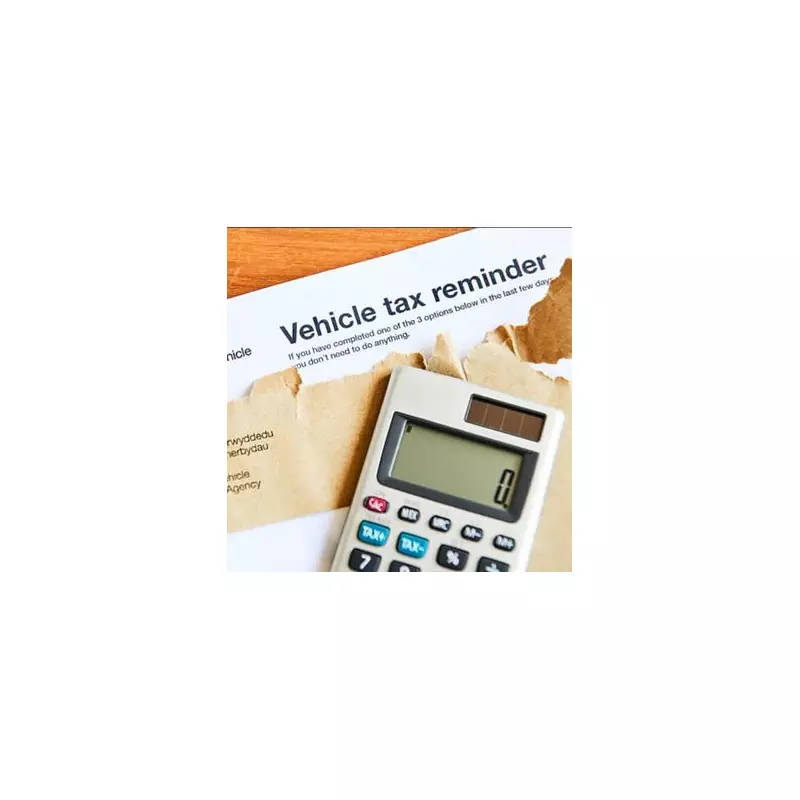
British motorists are facing a significant increase in their annual vehicle tax bills from 2026, according to leaked information about upcoming Vehicle Excise Duty (VED) changes.
Understanding the 2026 VED Increase
Motoring expert Peter Barden has revealed that drivers should prepare for road tax rises taking effect from April 2026 under proposed Labour government changes. The increase could see many drivers paying up to £40 more per year depending on their vehicle's emissions band.
The September inflation figures play a crucial role in determining future VED rates, with the Office for National Statistics confirming that headline inflation held steady at 3.8% in September 2025. While the government typically uses the Retail Prices Index rather than CPI for VED calculations, analysts forecast RPI to remain around 4.6% for September.
How Much More Will Drivers Pay?
This projected inflation rate means drivers should expect another inflation-linked increase in road tax from April 2026, with costs for both new and existing vehicles likely to climb by a similar percentage. For many motorists, this could translate to an additional £10–£40 annually depending on their vehicle's emissions category.
Currently, most drivers pay £195 per year for car tax in 2025. However, vehicles that had an original list price exceeding £40,000 face an additional 'luxury car tax' fee of £425, bringing their total annual VED cost to £620.
VED Rules and Emission Bands Explained
The RAC clarifies that VED rates for cars first registered between March 2001 and April 2017 are divided across 13 bands based on CO2 emissions, with lower emissions generally resulting in lower tax bands. Since 2025 rule changes, cars with CO2 emissions below 100g/km no longer qualify for free road tax, now requiring a £20 annual payment.
Motorists should note that exact fees depend on when their car was first registered and the type of fuel it uses, with different rules applying to vehicles first used before 2017.





